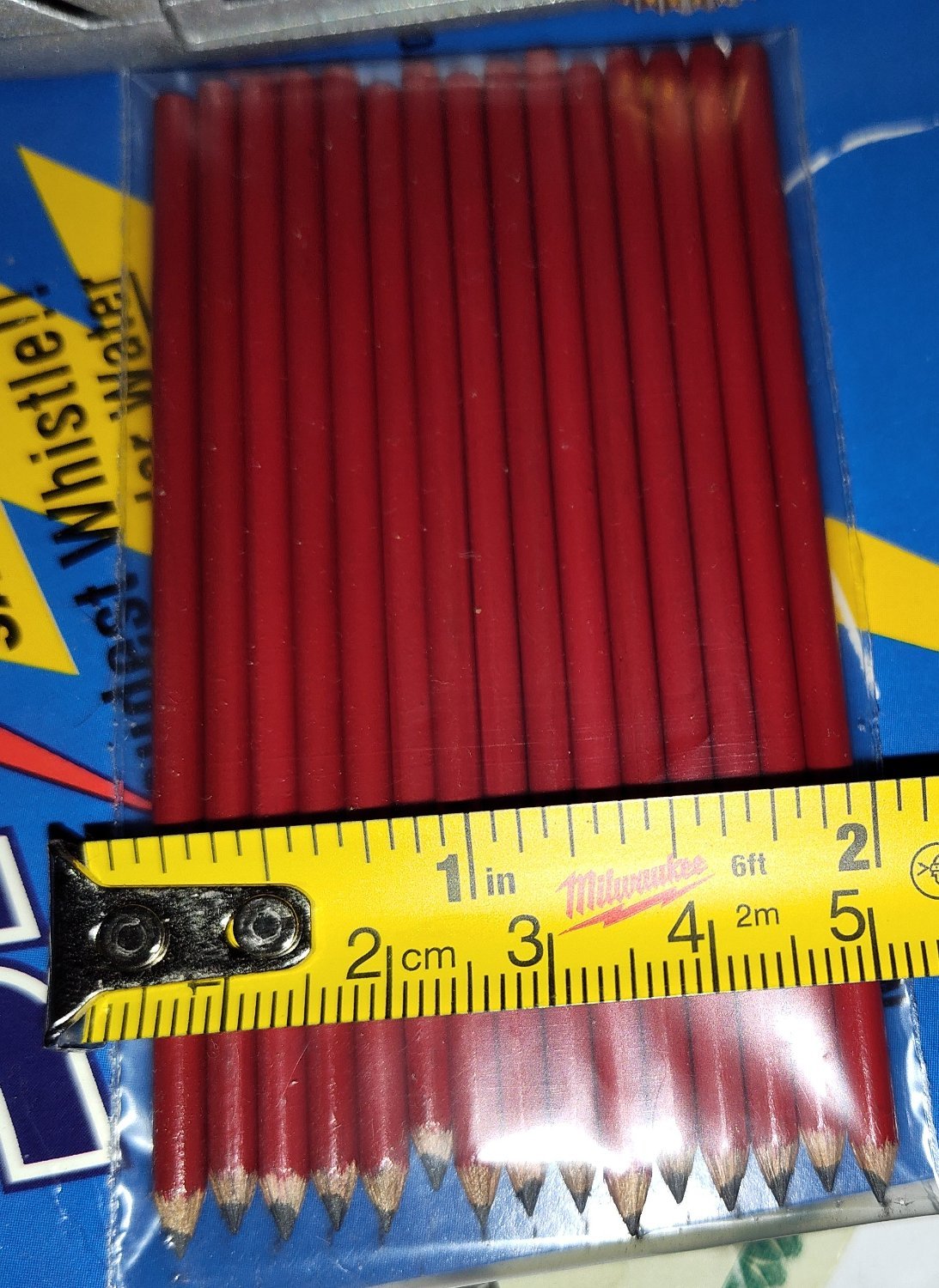This is about installing on a Nexus 5 which is from 2013. Sounds painful.
I just meant the amount of computation required of a gps receiver isn't huge by today's standards. Remember that gps was designed in the 1970s for use with the technology of that era. Today's stuff is 1000s of times faster.
GPS decoding is less computationally difficult than you seem to think, and in any case, in phones it's done by a hardware module. The Garmin Geko handheld GPS was made in 2003 and ran on two AAA cells for 12 hours or something like that. Today's GPS's fit inside wristwatches and use even less power. It's just not that big a deal. The cpu load of mapping applications on phones is dealing with the maps, computing driving directions, etc.
I wouldn't worry about map updates by internet. The roads don't change that often. You can update from a USB-connected computer once a year or so and be fine.
The other stuff doesn't sound too bad, though idk why you want a phone for the purpose. If the GPS is for road navigation you can get an old dedicated unit that runs on 12 volts do you don't have to mess with batteries. Those were nicer than phones in some ways. I still have a couple of them kicking around.
Browsing on a phone or with Debian works ok for me with Firefox, though I don't like Firefox that much.
I found Organic Maps preferable to OsmAnd but neither are that great. It should be possible to do something reasonable without a lot of CPU demands, given how dedicated GPS map navigation devices existed ih the early 2000s.
Yes if you ditch Youtube and anything else that requires modern codecs, that solves another issue. I've found Newpipe has broken a few times but it usually works, so that is what I use.
Modern apps and games (requiring GPU even) are another story, but let's assume you don't want to run them.
This leaves the question: if you want a BIFL smart phone but you don't want to make phone calls with it, don't want to run a web browser, and don't want to watch videos on it, what DO you want it to do?
You could try Organic Maps as an alternative to OsmAnd though it's not so great either.
The other demand that makes BIFL phones and even laptops difficult is web browsing, because of the mutually recursive escalation of web sites' and browsers' appetites for machine resources. A 2005 laptop that tops out at 512mb of ram simply can't run browsers needed to use the modern web. I'm still using a Thinkpad X220 from 2011 with 4gb of ram, but I have older ones that are no longer viable because of memory and CPU limitations.
Added: video codecs (if you want to watch youtube) are another area where old cpu's can't keep up, and the reasons for that are somewhat more valid than web bloat. The new codecs really do have better video quality at a given bit rate, in exchange for the increased cpu cycles.
Does gnu bc have outstanding bug reports? If not, it doesn't need updates. Its spec was frozen 30 years ago, more or less. Rather than unmaintained, I'd call it maintenance-free. BIFL software as it were. Sounds great to me.
Seems like a whine, bc is an interactive tool and it's unusual to use it for anything where its response isn't instant.
GNU bc is one of the oldest GNU tools and it uses an MP library that RMS banged out in an afternoon or two, I think. It could probably be adapted to use GMP which is very high performance.
Preferring GPL to other licenses seems fine with me, unless I want to work for Amazon without getting paid.
Ah thanks, I had thought it was the same frequency but different protocol. Good to know. I do see phones starting to have satellite capabilities now, though at first just for texts.
Idk what the deployment issues are for 5g vs 4g, but I get the impression that at least here in the US, most new installs are 5g which means that 4g coverage will gradually worsen, then maybe go away. Same with 5g but not as soon, I'd guess.
It doesn't and can't exist, because the networks keep changing. You could have a 2005 phone that still is perfectly solid, but it's a 2g phone and the networks now are all 4g and 5g. Also, the idea of a smartphone is to use internet services or at least web pages, and those invariably want you to use recently made phone hardware to deal with bloat. If you can get 5 years from a phone you're doing ok.
I use autotools and don't remember having such issues.

Those used to be called coffee shops, though now they are likely virus spreaders.